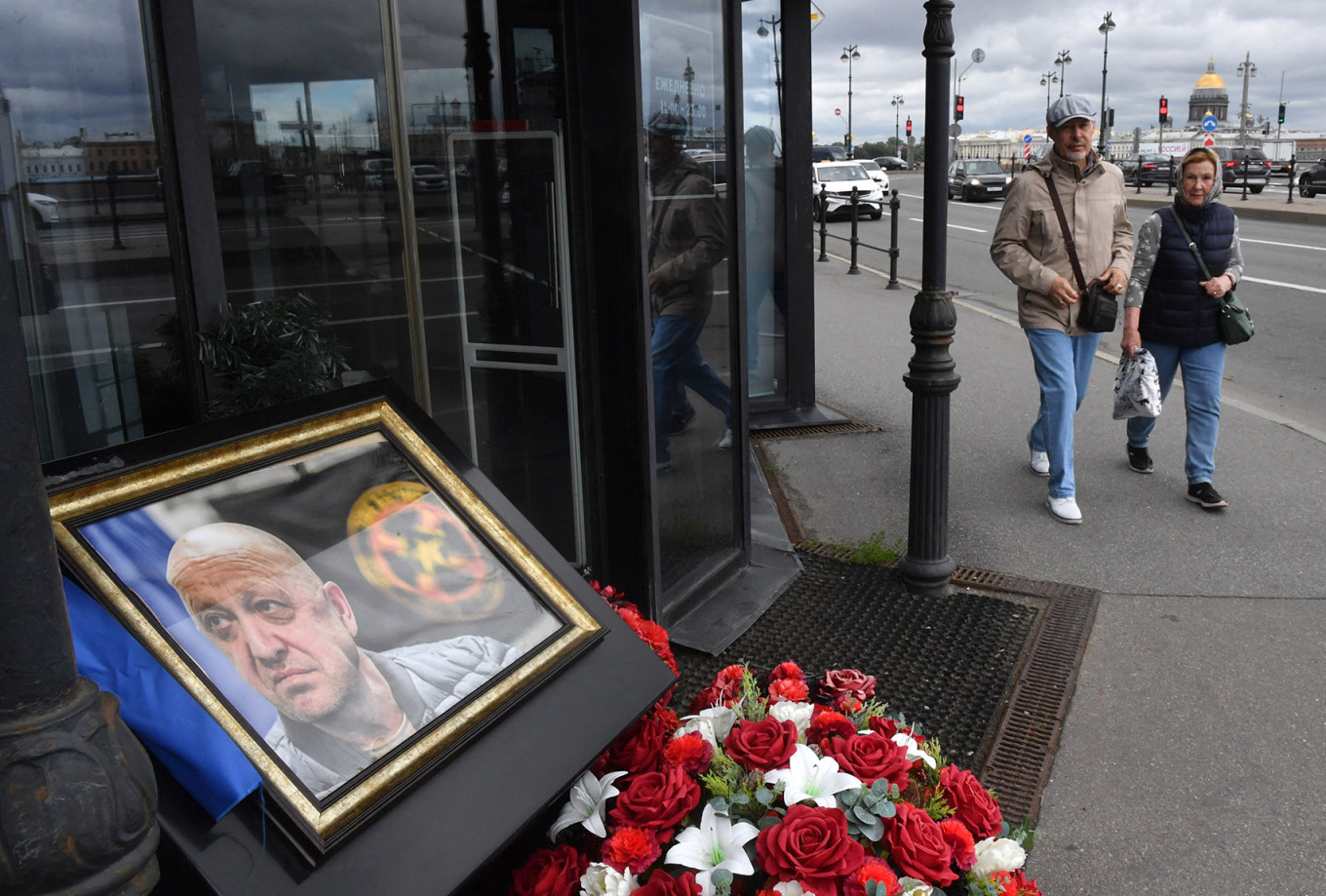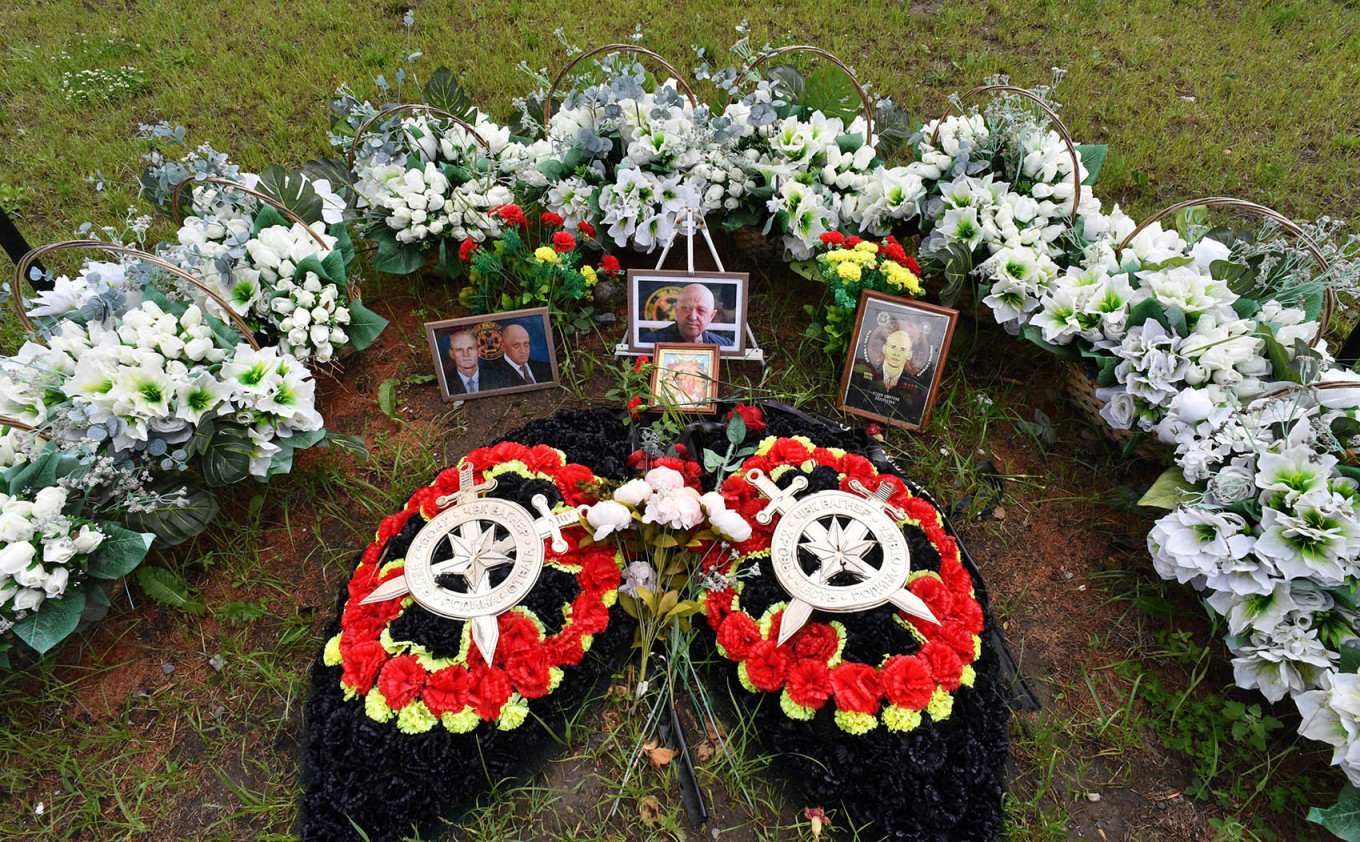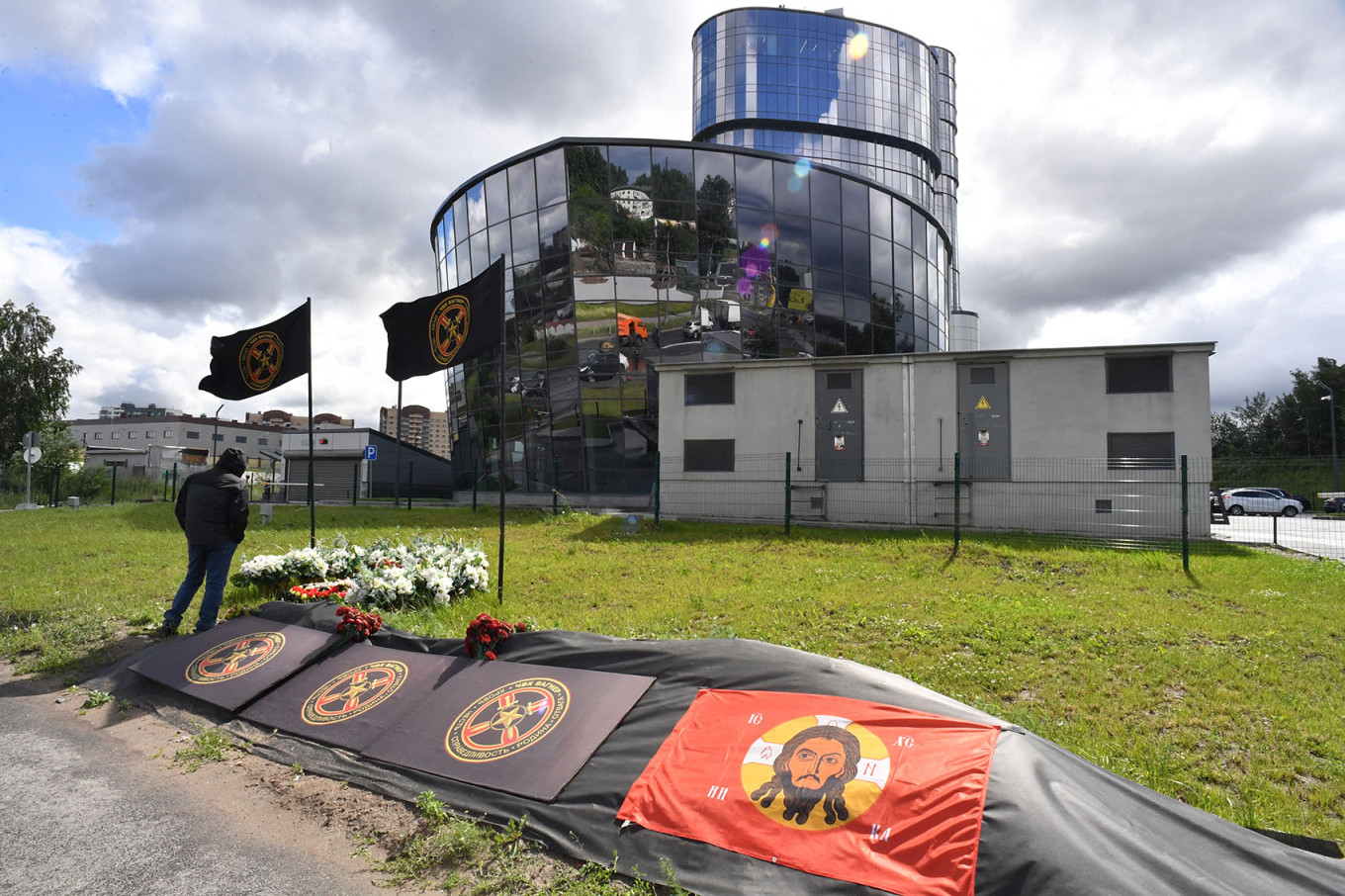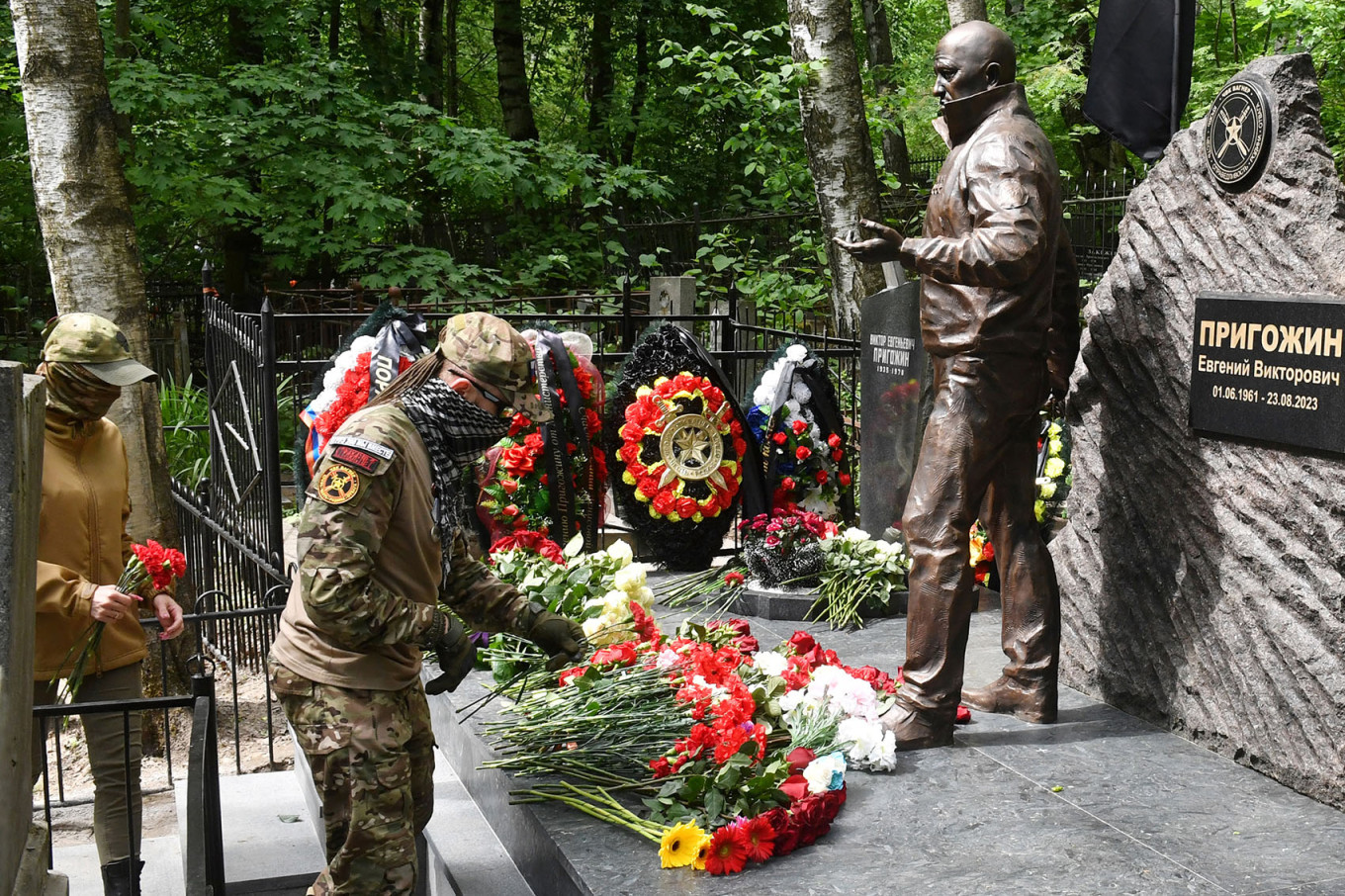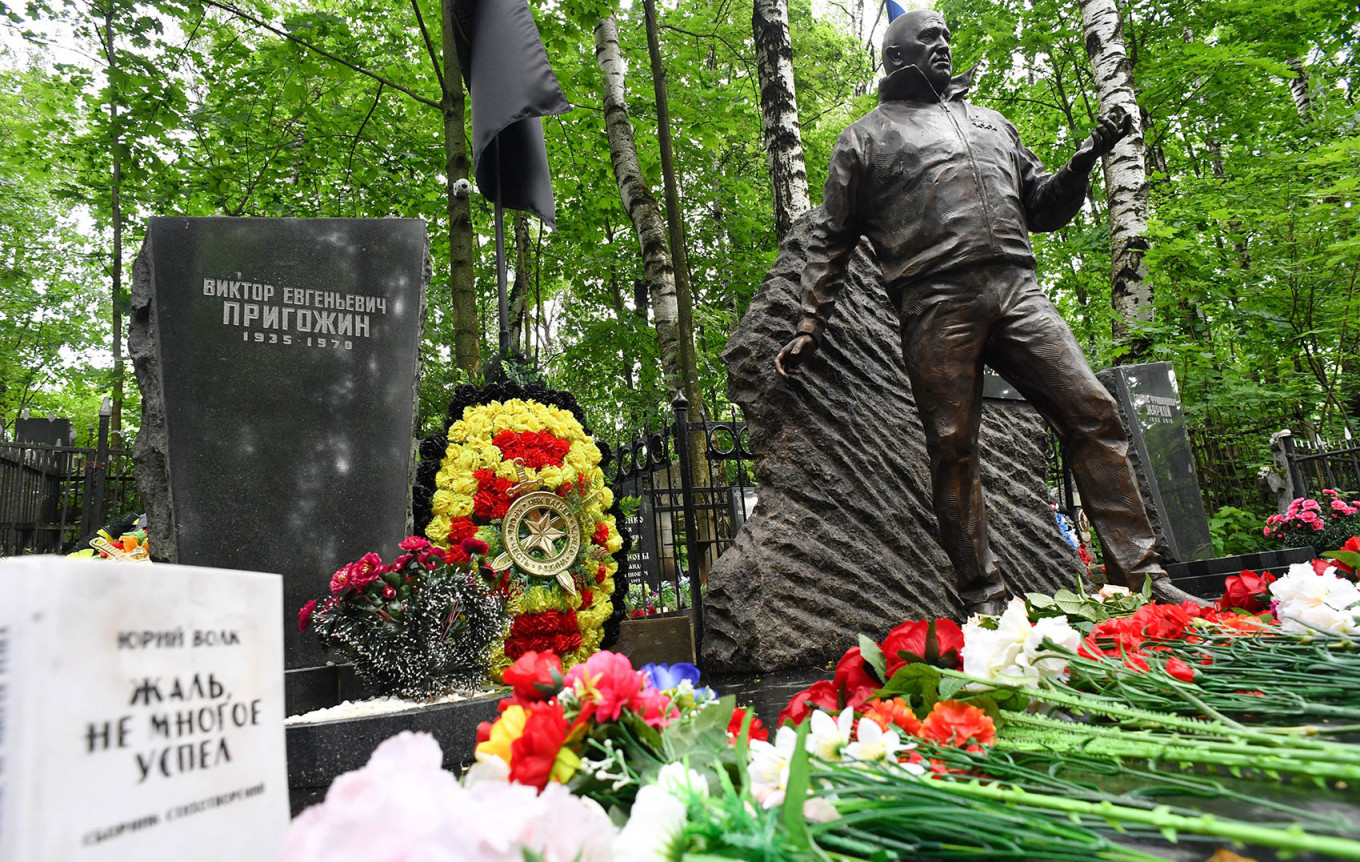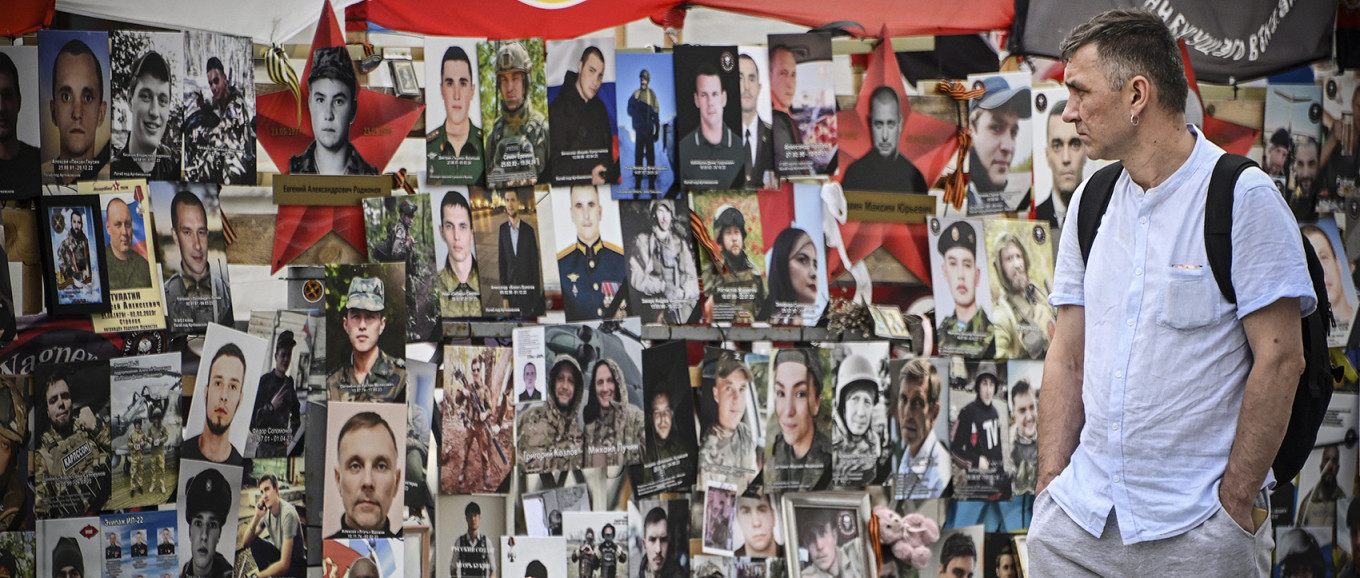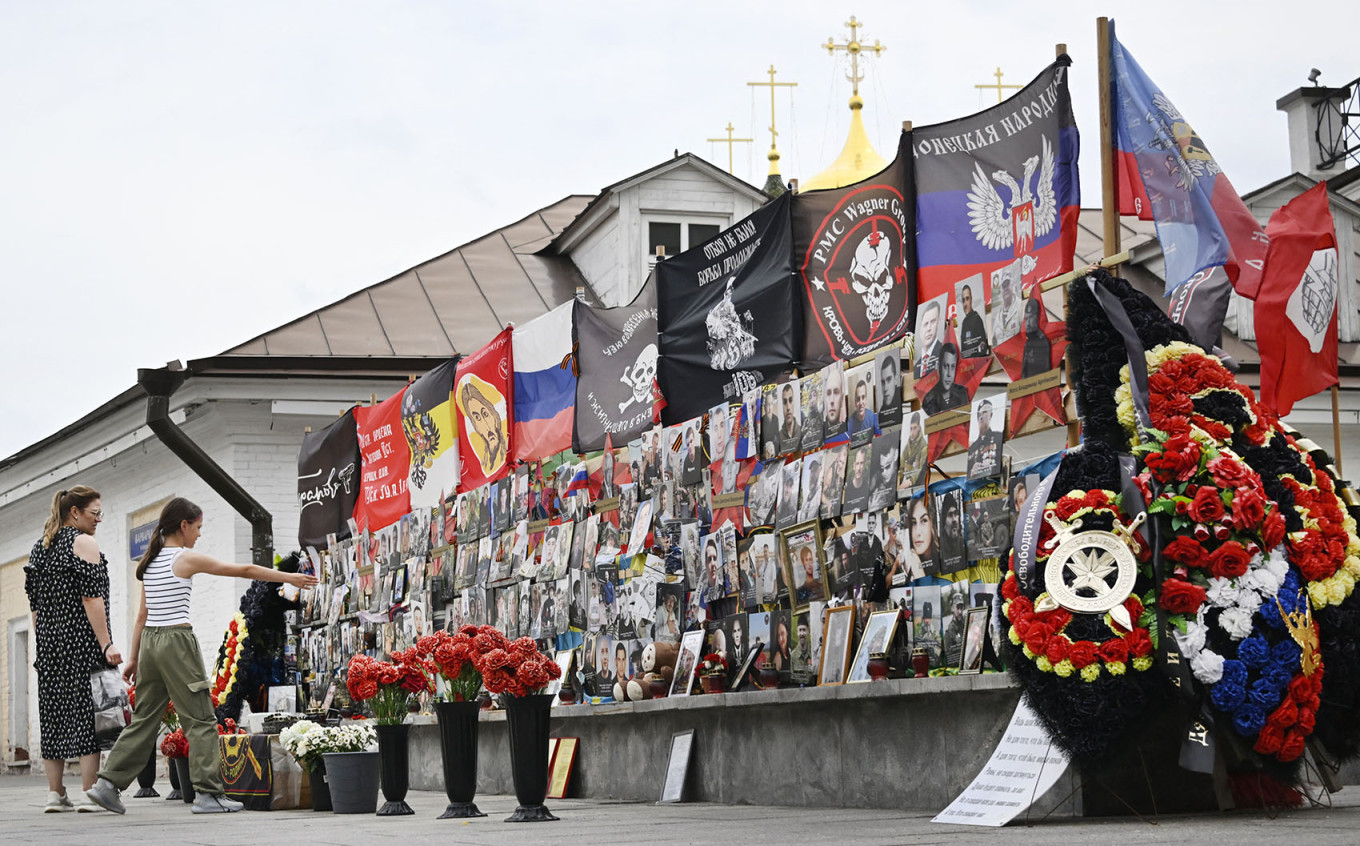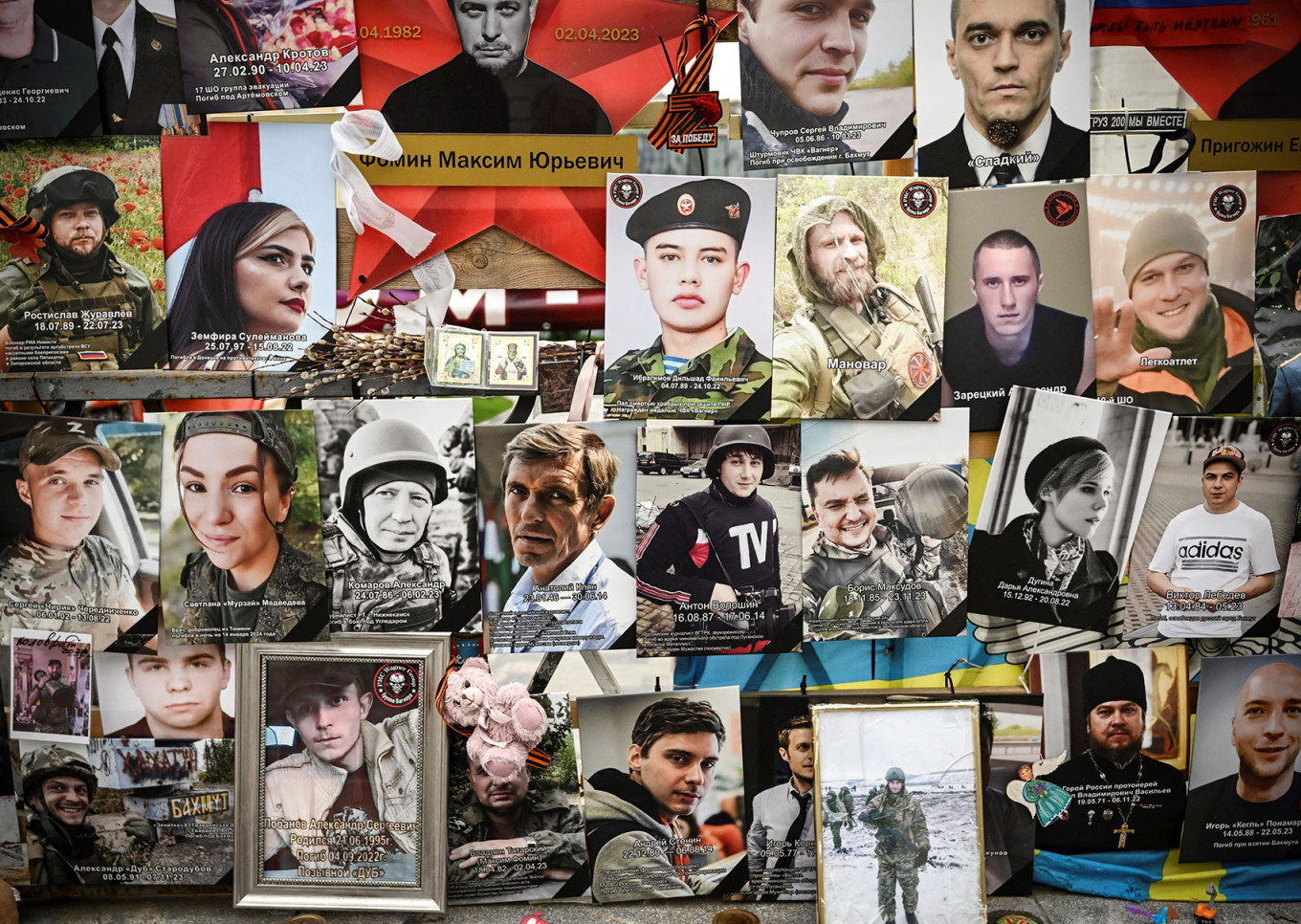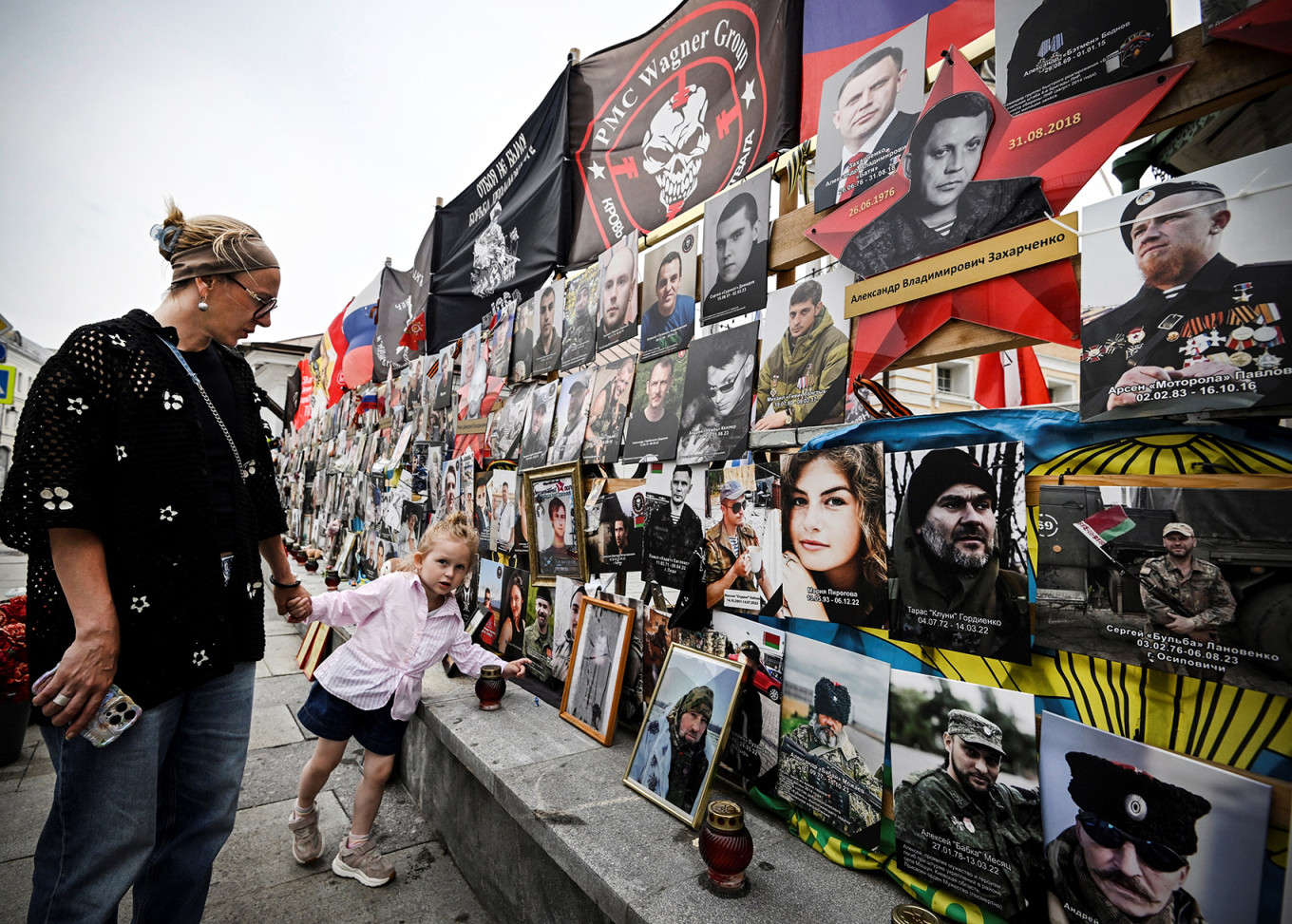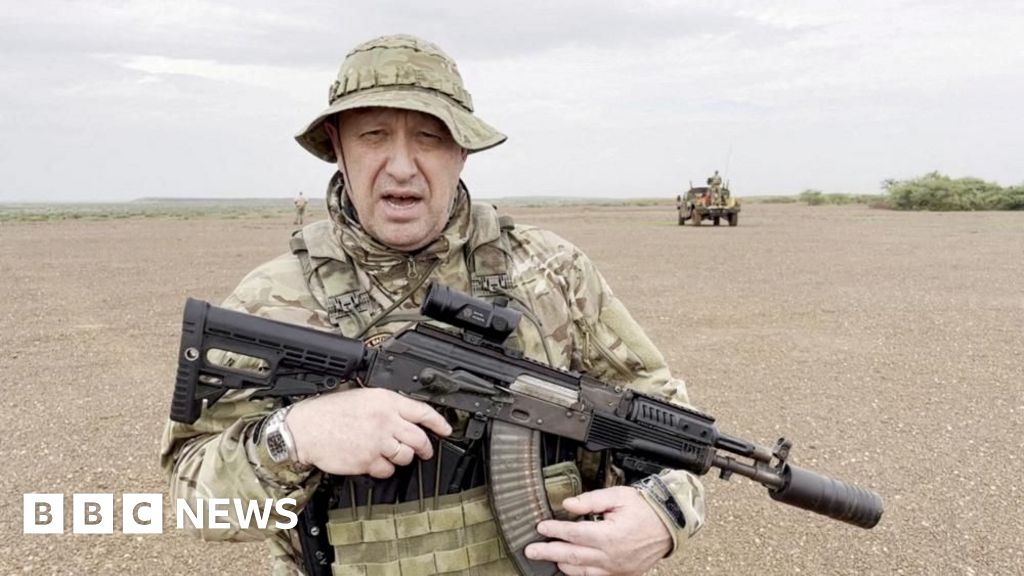
A year ago, on June 23, 2023, Yevgeny Prigozhin, a Russian businessman and convicted criminal who founded the Wagner Group to support Russian paramilitaries in east Ukraine, launched a mutiny against the Defense Ministry. Prigozhin accused the Defense Ministry's leaders of starving his force of ammunition in Ukraine and seized Russia's army headquarters in Rostov-on-Don. His soldiers marched towards Moscow, shooting down military aircraft and seizing key infrastructure before a deal was mediated to end the uprising.
Prigozhin, who was also known as 'Putin's chef' due to his catering businesses that served the Kremlin, had grown his influence through these contracts. He founded the Wagner Group in 2014 and it spearheaded some of Russia's longest and bloodiest military campaigns in Ukraine.
The mutiny was a significant challenge to President Vladimir Putin, who had been in power for nearly a quarter of a century. Prigozhin's motives are still debated, but his decision to deploy troops during hostilities raised questions from some observers.
Despite the controversy surrounding the mutiny and Prigozhin's death in a mysterious aeroplane crash two months later, he continues to command respect among some Russians. Residents in Moscow spoke of admiration for him, calling him a 'great man.'
The Wagner Group was known for its iron discipline and spearheaded some of Russia's most significant military campaigns in Ukraine. Prigozhin became acquainted with Putin in the 1990s and grew his influence through catering businesses that served the Kremlin.
After his death, Putin praised Prigozhin as a 'talented businessman who made serious mistakes.' The circumstances surrounding his death remain unclear, and there have been allegations that the Kremlin was involved. However, these claims have not been proven.
